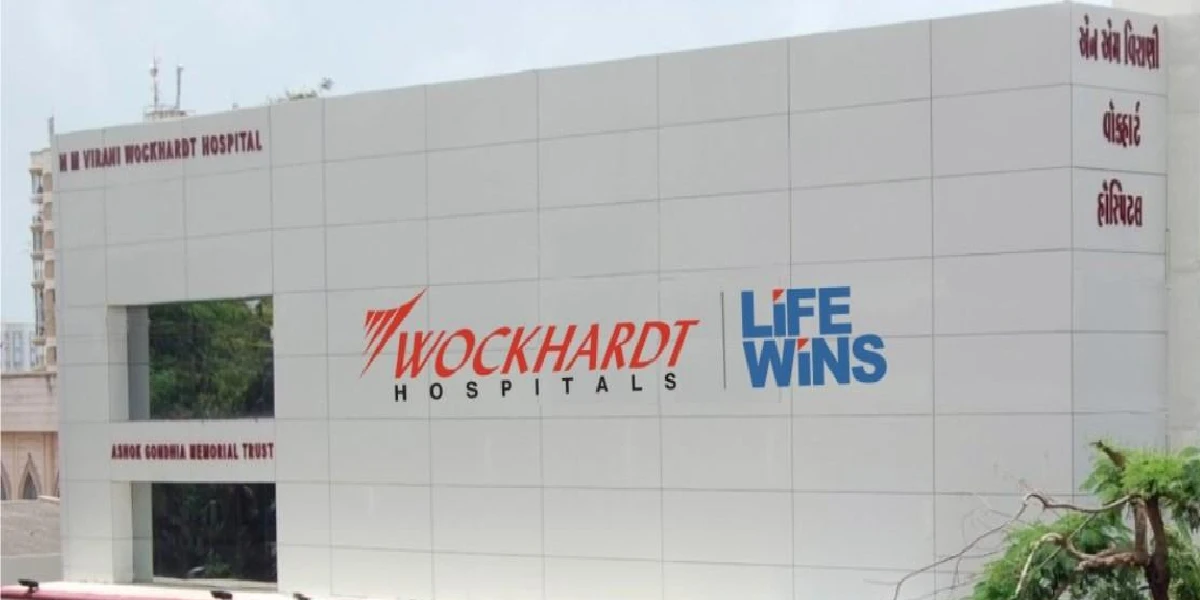
Wockhardt Hospitals in Nashik has been held responsible by the Maharashtra State Consumer Commission for failing to provide timely emergency care to a patient, which led to his death.
The Commission said the hospital's delay in shifting the patient to the ICU during a critical moment was unacceptable and violated his right to proper medical treatment.
Case Brief—
The case goes back to April 2010, when a man was admitted to Wockhardt Hospitals for a nosebleed. Early the next morning, his condition worsened—he had chest pain and collapsed while going to the bathroom. Despite these signs, he wasn't moved to the ICU until 7 a.m.
His father, who filed the complaint, claimed that by the time the ICU care began, it was already too late. The patient was declared dead at 12:50 p.m., but the father believes he had passed away much earlier, around 8:30 a.m., and that the hospital continued treatment just to create medical records.
The father initially approached the District Consumer Forum, but his complaint was dismissed. He then went to the State Commission, which ruled in his favor.
The hospital and its doctors argued that they followed all medical protocols and that the patient died because of long-standing hypertension and not following prescribed medicines. They also claimed that the father had refused ICU admission for his son. But the Commission found no evidence to support that claim.
The Commission said that in emergencies, hospitals must act immediately—even without formal consent from the patient or family. Referring to Supreme Court judgments, it said emergency treatment is part of the fundamental right to life under Article 21 of the Constitution.
Although individual doctors were not held personally negligent, the hospital was found institutionally at fault for not acting on time.
Taking into account the pain and mental suffering of the patient’s family, the Commission ordered the hospital to pay ₹18 lakh as compensation, along with 6% interest from October 2010 until the amount is fully paid.
The case sends a strong message: in emergencies, hospitals must act quickly. Patient rights and lives must come before paperwork or protocol.
Website designed, developed and maintained by webexy